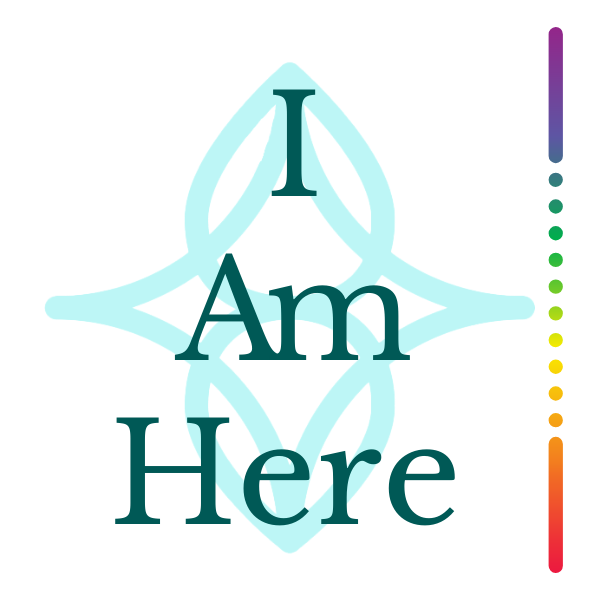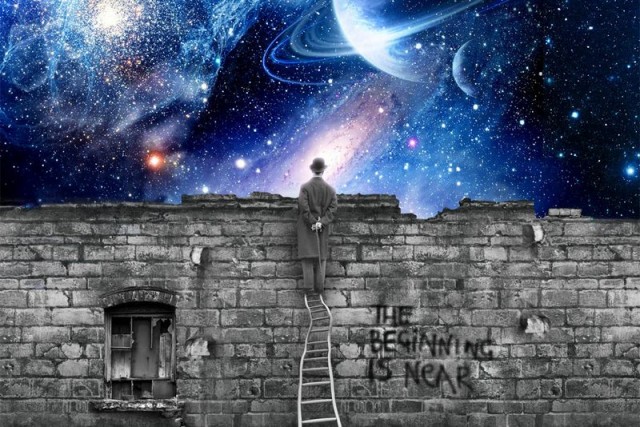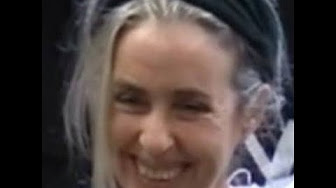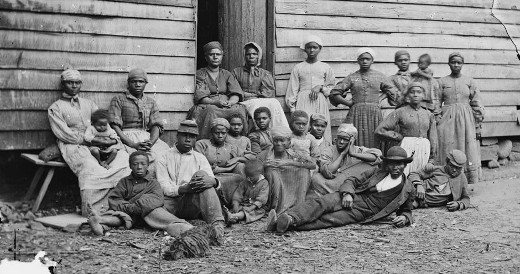Once upon a time, and still now, having the right papers could make the difference between life and death. From the chaos of war through to the decrees of courts, the legitimacy of the paper work can impact status, finances, well-being and the right to remain alive at all. Today, the official labelling of a human as a “refugee” a “migrant” or a “terrorist”, will change her destiny and ration her right to compassion as a human being, whether or not the papers tell the truth.
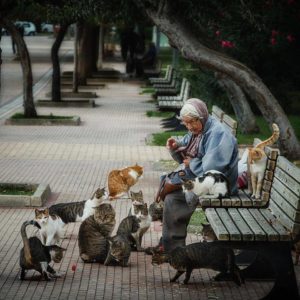
Off the record and very much alive.
Within the substrata of collective trauma, we carry the Nazi occupation of Europe, in which paperwork, whether genuine or purchased on the black market, meant freedom from extinction. It’s in our DNA. You don’t need to be an African American to have witnessed the horrors of the slave trade, in which paper-work determined that ethnicity gave a licence to abuse other humans to death. This is a survival principle imprinted collectively. Watch out for the papers, or your loved ones could burn.
The pain and threat of illegitimacy runs deep. It’s carried within us as a feeling of horror, producing tremendous amounts of stress on a daily basis. It’s not for nothing that the word “bastard” means ‘bad guy’.
It’s felt in the agony of abandonment, the poverty of exclusion – when social consensus, reinforced by a rubber stamp, decides who is OK, and can live as equal, and who is not, who lives and who dies. It breeds the illusion that what’s told on the news is what really happened. It impacts our ability to relax, to relate, to express and to find home. No home address? You don’t exist.
The social field of legitimization has its own unreliable dimension of reality. What’s recorded in history is fact, (what’s not there, never happened – or did it?). What is written in the records is who you are. If the papers say Jack is your father, then he is your father, even though on the ground, in living biological truth, you are the daughter of Michael. If the license says you’re married, then your relationship truly exists, and must conform to a family model placed upon your living being. There is a great rift between the legitimately stated crust and the omnipresence of life as it is.
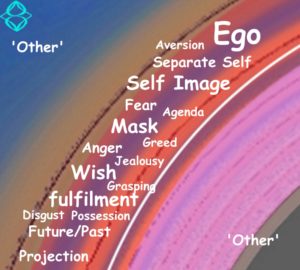
Ego structures as the crust dividing inner and outer light. Sustained through the prevalence of thinking processes and the energy of fear and threat, egoic energy moves through grasping and aversion.
The Kafka-esque nightmare continues. When you are condemned by the court, you are guilty, regardless of the crime. Where there are papers, you have privilege and exemption: you’ve got the license to live, even if you got the papers through lies. The murderer walks free, because the court ‘cleared him’, although the victim’s blood still stains the tunnel walls.
In the age of big data, every detail of our likes, dislikes, tendencies, sexual orientation, passions, position and social network can be formulated within seconds through security programs in order to profile exactly who and what we are. Personal identity is no longer a private affair, and it’s engraved in a zone to which we have no access. Out of this, we lose vast parts of ourselves. Shadows of injustice, martyrdom, victimhood, neglect and abuse wait in the parliaments to grab us from behind. The pain is in the voiceless scream arising from the bones of the unseen, and it passes through generations.
Still, the ‘crazy’ people, the dreamers, the poets, the traumatized, the illegal immigrants, the underground labor force, the artists, the visionaries, the homeless and the mystics live on in the emptiness, rejected from the consensual zone.
Do we fear them? Or do we utterly depend on them for our wholeness?
Life won’t be licensed.
The shadows created out of ‘legitimacy’ are vast. Lies don’t actually change reality, they disguise it. When life gets caught in conditions, life tends to bite back. The cynical gap between the reality as experienced and the reality as licensed gets wider, and the suffering emotion caught in the rift constantly threatens to jump forward. The horror of illegitimacy roams the dark night of the collective soul.
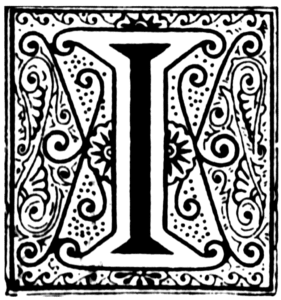
Identity approved by a rubber stamp. The royal “I”.
Imagine you are licensed as a doctor, but you never actually studied medicine. What’s building up within the brokerage of self esteem to outside authority? Who would you trust? The doctor with a line of certificates on his wall, or the one that as alive in the moment, curious, and has the courage to say “I don’t know, let’s think together”.
The more “legitimate” scientists are exposed to the powerful spirituality of the quantum revolution, the more they close ranks in battalions of legitimacy. Anything that threatens their materialist belief system, whether in life science, physics or medicine, is labelled dismissively as “pseudo science.” Thanks to the panic to retain status on the ground, pseudo science has even become successfully established as a legalized designation on Wikipedia, and is used to degrade anything from epigenetics, neuroscience, the great quantum physicist David Bohm, to research into consciousness.
Out of this golem-field of bartered status, sinister charlatans dressed in robes of shame and distrust begin to run free, through the core of the human ecosystem. The illusion and the shadow of illusion at some stage collide, exposing the fear and trauma that drove the need for external legitimization from the outset. Those certified as superior can later be certified with a criminal record or labelled with a psychiatric disease. Certification has many faces.
Worse, those who depend on licensing, and drink on that for their right to exist, are likely to form exclusive clubs, rejecting others from the legitimate field, in order to protect their power-base. Addicted to the opiates of public acceptance, they project the threat of rejection onto others. Following the toxic dynamics around the pain of rejection, these groups will put more energy into keeping others out of the guild, than into the guild itself. And every such rejection creates a shadow that this expulsion could also happen to the perpetrator. It’s a prime investment in the egoic substance of the separate self.
Licensing, paperwork, authentication and legitimization are forms born out of us in order to serve us. The need behind them was to support us collectively, not enslave us. They should reflect what we do, not decide what we’re allowed to do. Their natural functioning is not to create the artist, but to recognize the artist as he or she is. When we buy into the belief that our wholeness depends on a piece of paper, we should guard that paper 24/7.
We’re morphing into a culture where even love is measured, rated, controlled and judged as legal or illegitimate.
The system of licensing others is anyway retarded, based on the past, and lacking the fluidity of the living. But when we abuse the system of labels, seeking status, profit, freedom and immunity through the privilege of license, then we pave (for ourselves) a steady road to a private hell. Witness the amount of lives damaged by the worldwide campaign to delegitimize ancient forms of medicine such as homeopathy.
Life will rise through the dark night of all the unwanted parts of ourselves we have tried to disguise. Life can’t be licensed. The art of living must be a dogged, unconditional allowance of the movement from the inside out, regardless of legitimacy in the eyes of “the world”; regardless of the powers that would bow to the papers as the sources of all objective truth. It can feel vulnerable, but our wellbeing and vitality depend on it. Only in this way do we begin – individually and collectively – to regain our freedom to live.
We can’t license life. We can’t license beauty. How did we ever come to that labour of lunacy?
Jesus said: give unto Caesar what is Caesar’s. So in areas where physical survival seems to be truly the name of the game, we might have no choice but to give to the ‘world’ what the world seems to demand. We’re caught in this horrific and consequential game of the printed license. But like those that remembered themselves in the shadows of the Spanish Inquisition, let us never believe that it has anything at all to do with truth.
He who walks the mystical way is called to unmask the illusory quality of human society. Mysticism and revolution are two aspects of the same attempt to bring about radical change. No mystic can prevent himself from becoming a social critic, since in self-reflection he will discover the roots of a sick society.
Henri Nouwen
